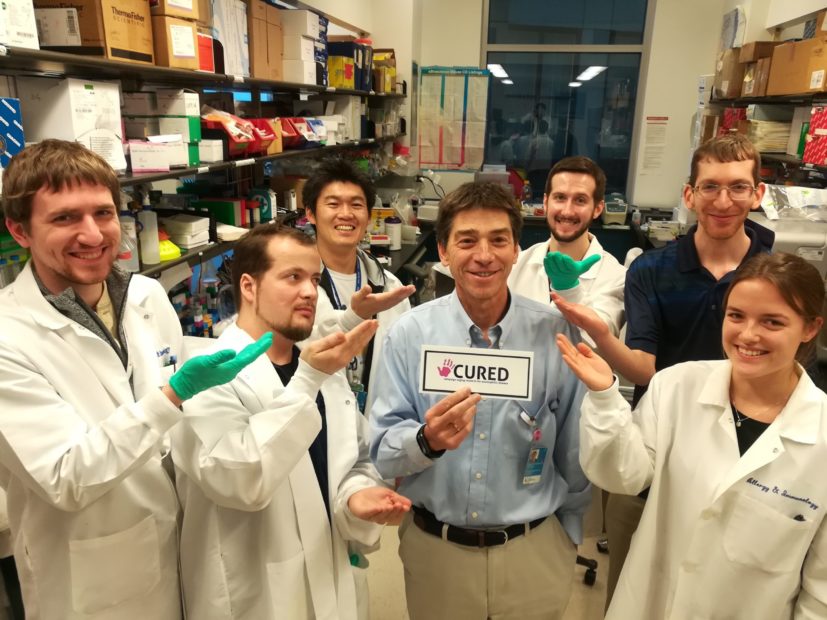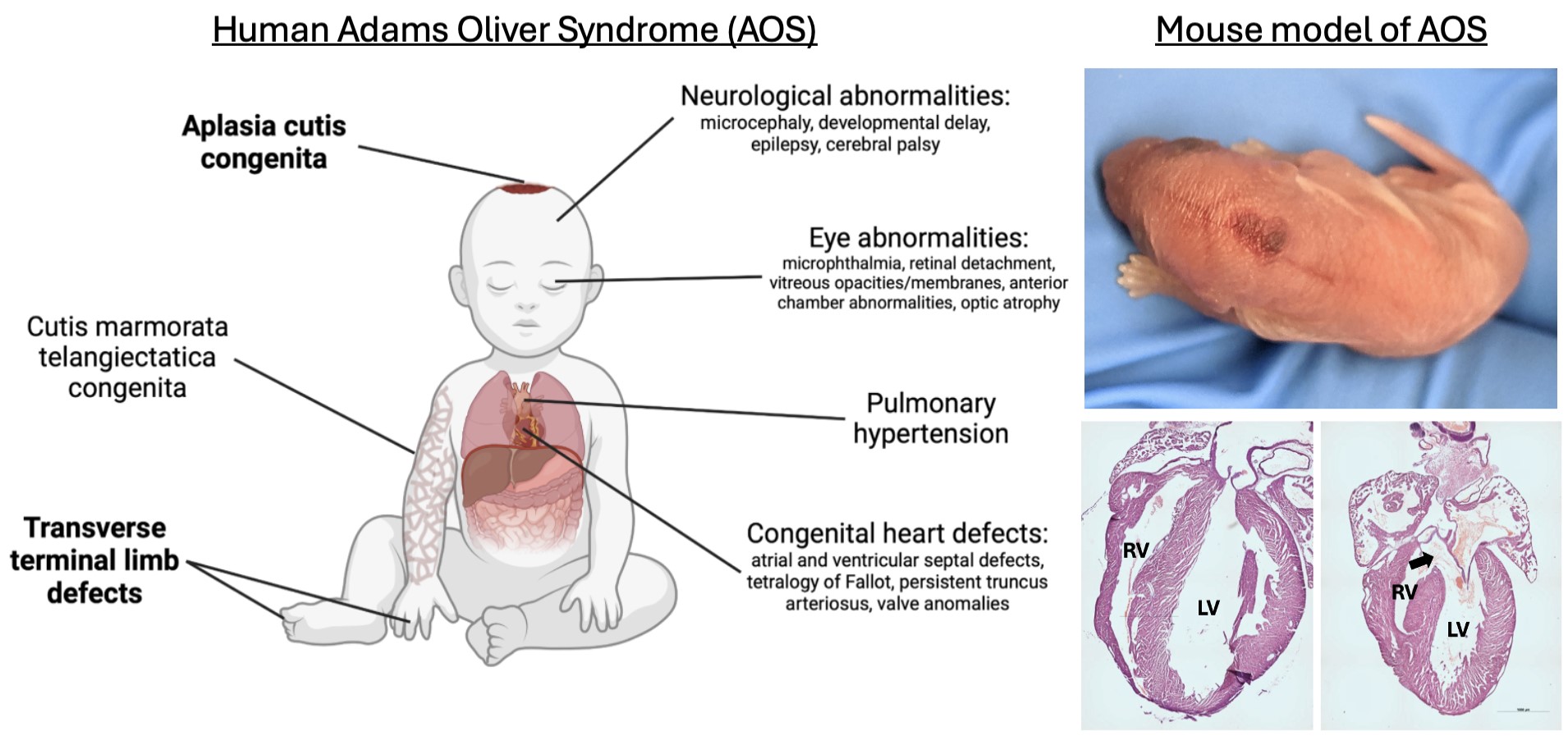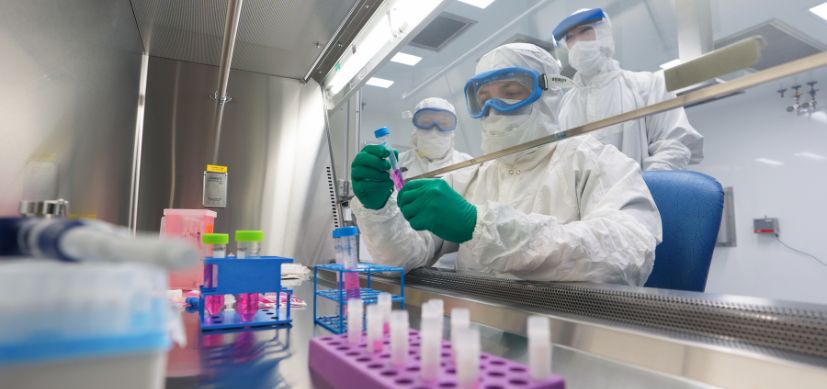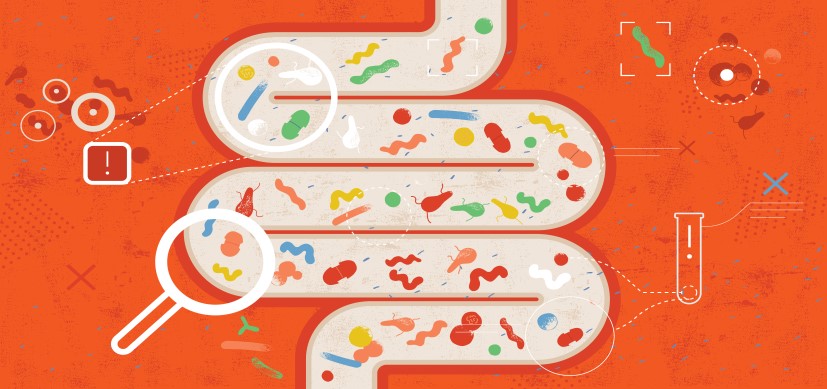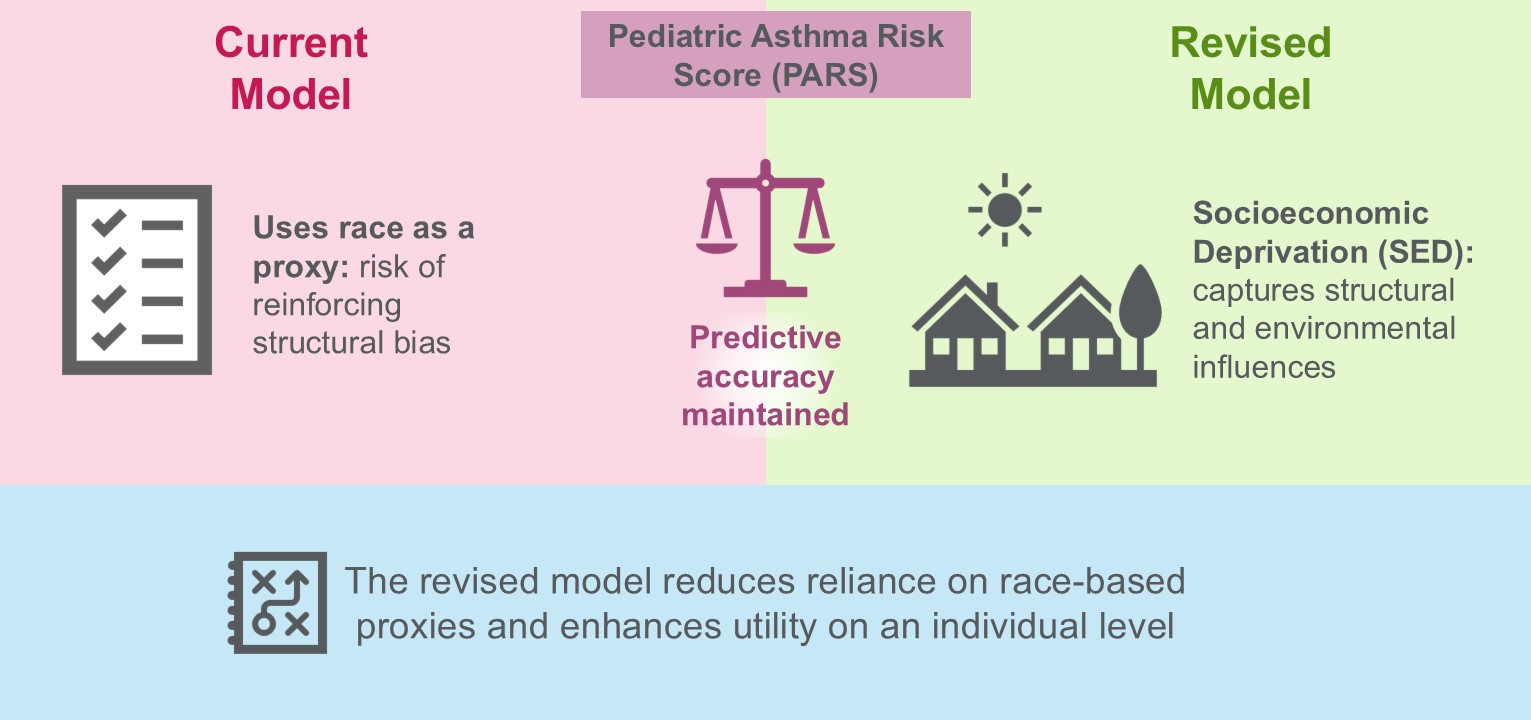Building a Community to Change the Outcome Together Through Research
Post Date: February 14, 2022 | Publish Date:
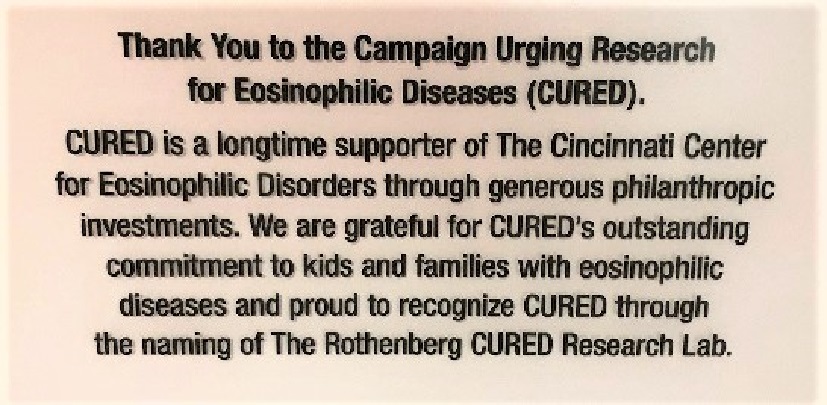
When patients and families visit the Cincinnati Center for Eosinophilic Disorders (CCED), they will see a new plaque in the waiting area. What is the story behind this plaque? It begins with one family who brought together a community to transform the lives of many through research.
For most of her life, Jori Kodroff has been unable to eat food that most people take for granted. The culprit: eosinophilic gastrointestinal disorder (EGID), a disease which triggers a severe allergic response to food, causing pain, vomiting, and other debilitating symptoms. It’s a difficult disease to live with, but Jori and her family are committed to finding a cure and making life better for all with EGID through supporting research.
Jori’s parents, Ellyn and Fred Kodroff, along with family and friends, established CURED (Campaign Urging Research for Eosinophilic Disease) to fund research, raise awareness, and educate and connect patients and families from around the world. It is their heartfelt belief that CURED can make a difference for the individuals and their families who are touched by these diseases, and we have witnessed that belief in action.
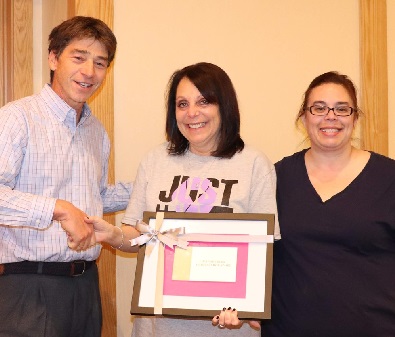
Jori Shares Her Story
“My mom has dedicated her life to this foundation and finding a cure for EGIDs. It is her mission in life not only for me, but for all patients living with the disease,” Jori says. “She has met and talked to so many families who are also suffering. She helps them through diagnosis, finding good treatment near them, starting their own fundraisers, and just being a shoulder to lean on. She has built a community and has impacted so many lives. I am so inspired and thankful for her impact.” (Read Jori’s Story)
The community that CURED has brought together not only supports each other, but also supports changing the outcome together by raising funds to support EGID research. Their decades of dedication have made a difference in the community, the clinic, and the research lab.
CURED has donated more than $6 million to support research efforts nationwide, including the research of Marc Rothenberg, MD, PhD. Dr. Rothenberg serves as director of the Division of Allergy and Clinical Immunology and CCED at Cincinnati Children’s. He also leads the Consortium of Gastrointestinal Disease Researchers (CEGIR, U54AI117804), a group of clinicians, researchers, patient advocacy groups, and other stakeholders in research and treatment of EGIDs.
“The CURED Foundation has provided key funds that have enabled groundbreaking research discoveries that have truly moved the field forward and helped patients. I am deeply grateful to Ellyn Kodroff and the CURED Foundation for their long-term partnership and funding,” says Dr. Rothenberg.
CURED support advances science
Locally, CURED donations to the Rothenberg CURED Research Lab, renamed in the foundation’s honor in 2018, have supported numerous publications and advances each year. A couple examples of CURED-supported research are how fibrosis develops in eosinophilic esophagitis and the discovery of subsets of eosinophilic gastritis.
Furthermore, CURED has partnered with Cincinnati Children’s to host five CURED EGID Research and Patient Education Conferences to raise awareness of eosinophilic disorders.
Now, the CCED has conveyed its gratitude by mounting a plaque in the Gastroenterology clinic waiting area, where so many patients and families dealing with EGIDs are seen clinically. The plaque expresses our sentiments well: “Thank you to the Campaign Urging Research for Eosinophilic Diseases (CURED). CURED is a longtime supporter of the Cincinnati Center for Eosinophilic Disorders through generous philanthropic investments. We are grateful for CURED’s outstanding commitment to kids and families with eosinophilic diseases and proud to recognize CURED through the naming of the Rothenberg CURED Research Lab.”
The Kodroff family and CURED sustain a supportive and thriving community, including Cincinnati Children’s, that changes the outcome together for individuals with eosinophilic disorders through supporting research.
— Post written by Shawna Hottinger, MS, ELS
